Other Initiatives We Support
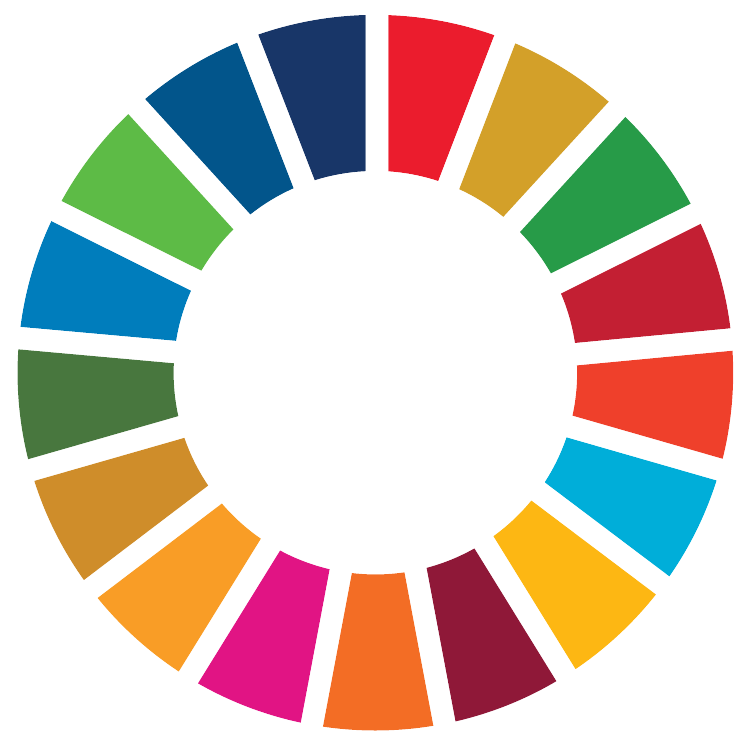
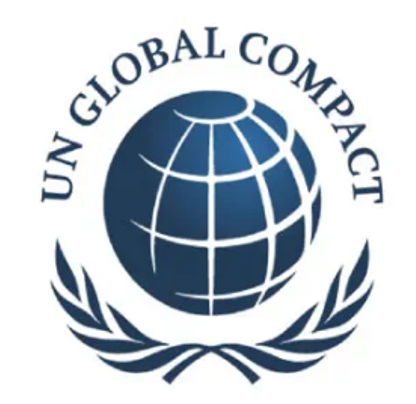

We share a vision for a thriving world for all with the U.N. Sustainable Development Goals (SDGs), and we believe we have a role to play in contributing to a more sustainable planet. Given that deep-sea mining has attracted intense ideological debates and strong opposition from several environmental non-governmental organizations (NGOs), we have committed to making science-driven decisions and engaging in open dialogue with stakeholders. We continue to partner with experts, share what we learn, and correct our course accordingly because we believe that the energy transition must not compromise the health and safety of people and the planet.
We developed our sustainability goals based on a materiality assessment that involved internal and external consultation, and they reflect our commitment to advance the U.N. SDGs and to embrace the principles that the U.N. Global Compact and the Ocean Stewardship Coalition (initiatives TMC has formally supported since 2019 and 2022, respectively) have set forth. Below, we discuss U.N. SDGs that are most relevant to our business and for which we have the greatest opportunity to make a positive impact.

Direct Contribution to SDGs
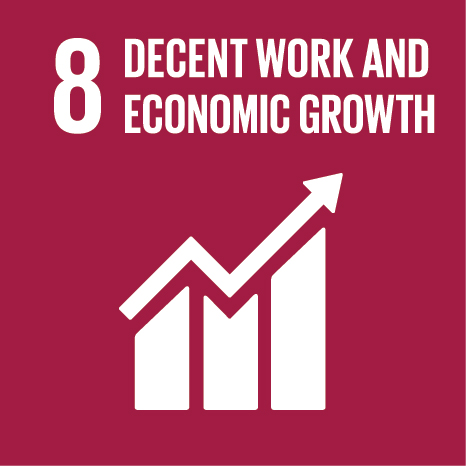
Goal 8: Decent Work and Economic Growth
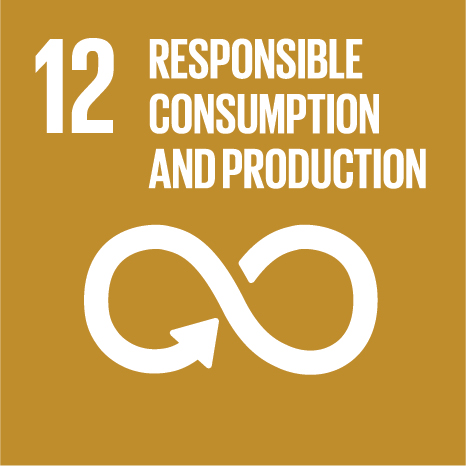
Goal 12: Responsible Production and Consumption
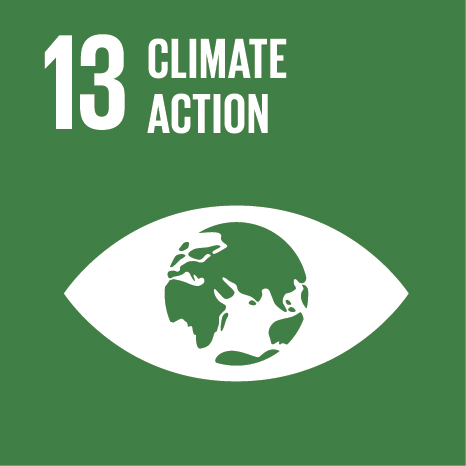
Goal 13: Climate Action
How we build a metal commons also matters. In focusing on protecting the climate, we have committed to ensuring that we monitor our operations as we look to achieve near-zero waste and net-zero emissions. We have already begun building a path to decarbonize our operations via optimizing our processes and assessing renewable energy sources, fuel alternatives, and new technologies. Given that we seek to supply metals that electric vehicle (EV) batteries and renewable energy storage need, we will directly contribute to enabling the energy transition. Considering power generation and transport together account for more than two-thirds of total global greenhouse gas (GHG) emissions and have caused almost all global GHG growth since 20101, the energy transition will play a crucial role in addressing climate change. For additional context, fuel combustion for vehicles accounts for about 30% of all direct CO2 emissions, which EVs powered with renewables could mitigate.
- IEA, “CO2 Emissions in 2022”, Mar. 2023
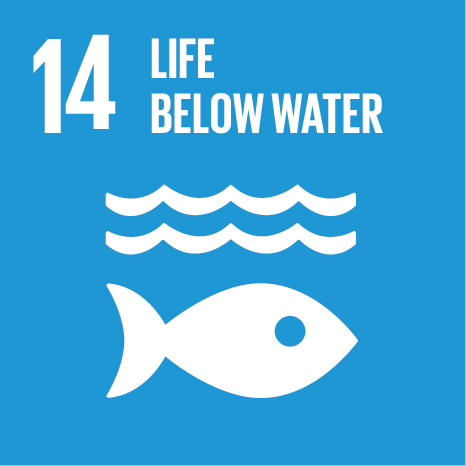
Goal 14: Life Below Water
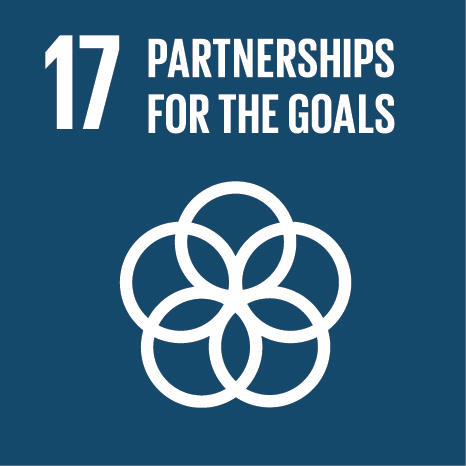
Goal 17: Partnership for Goals
Since TMC has a small workforce, partnerships play an important role in helping the company leveraging expertise and amplifying impact. For instance, we have many partnerships with the scientific community. For the last 11 years, we have completed research with several academic institutions that have contributed to our offshore environmental and social impact assessment program, which comprises more than 100 studies throughout the water column from the seafloor to the surface. This research has increased the world’s scientific deep-sea knowledge, and it will help us develop technology to manage and mitigate our negative impacts to the marine environment (Goal 14).
Given deep-sea mining’s international nature, we engage in multi-stakeholder partnerships with a particular focus on SIDS. Through our partnerships, we seek to mobilize and share knowledge, expertise, technology, and financial resources as we look to meet the SDGs.


Equator Principles and IFC Performance Standards
We will manage environmental, social and governance (ESG) risks effectively and transparently by using best practice guidance suitable for our future multi-jurisdictional and multi-industry operations. Our offshore activities will occur in international waters governed by the ISA. Our onshore operations are expected to start in Japan (see details about TMC’s memorandum of understanding with Pacific Metals Co Ltd) and could be governed by additional authorities as they potentially expand to other jurisdictions in the future. When looking at risk management, our project presents both unique risks that pertain to the novel nature of deep-sea activities and well-known ones that occur in industrial activities (e.g., onshore metallurgical processes). For both onshore and offshore operations, TMC has begun developing and will implement robust environmental and social risk-management systems based on relevant international frameworks.
The Equator Principles and IFC Performance Standards offer strong guidance for managing environmental and social risks, which we look to incorporate in our management systems. For example, to develop our stakeholder engagement approach, we built on IFC’s principles for engagement1, which we plan to use throughout our projects’ entire lifetime (e.g., provide meaningful information in a format and language that target stakeholder group(s) can readily understand, provide information before consultation activities and decision-making occurs, and so on. For more information, refer to the Stakeholder Engagement page). An example of our stakeholder engagement approach is the offshore environmental impact statement (EIS) that we submitted to the ISA for the collection system trials that we performed in the CCZ in 2022. This EIS includes the feedback that we received from a broad audience through a formal stakeholder-consultation process. Similarly, the social impact assessment (SIA) that we have begun preparing for the NORI-D exploitation contract application to the ISA includes a scoping process to engage and consult stakeholders. We used the feedback received to design the terms of reference (TOR) for the SIA study.
- See Stakeholder Engagement: "A Good Practice Handbook for Companies, Doing Business in Emerging Markets, International Finance Corporation", 2007.
TMC commissioned Prizma LLC, third-party SIA expert, to develop the NORI-D SIA—the first ever conducted for a deep-sea nodule collection project in international waters. After a preliminary screening of potential social impacts, Prizma recommended that TMC manage the NORI-D Project’s potential impacts in a manner consistent with the following IFC Performance Standards:
- PS 1: Assessment and management of environmental and social risks and impacts
- PS 2: Labor and working conditions
- PS 3: Resource efficiency and pollution prevention
- PS 4: Community health, safety, and security (mainly for onshore facilities)
- PS 6: Biodiversity conservation and sustainable management of living natural resources
These standards help us shape our commitments and actions. For example, our environmental impact statement for the collector test study which will be part of the application we intend to submit in 2024 for an exploitation contract for NORI-D, presents a risk-assessment method based on the ISO 31000 Standard, which, in the ISA’s words, demonstrates “rigorous implementation of environmental management systems”. For our offshore campaigns, we work with partners who have third-party certified environment and health and safety management systems aligned with ISO 45001 and ISO 14001, and follow International Maritime Organization (IMO) Standards to prevent marine pollution (e.g., all vessels systematically use water ballast treatment systems). Our onshore partner Pacific Metals Co Ltd (PAMCO)’s metallurgical plant where we intend to toll treat polymetallic nodules to produce lithium-ion battery and steel making feedstocks as part of the NORI-D Project Zero development also has registered certifications for ISO 45001, ISO 14001, and ISO 9001. Any potential future metallurgical plant would undergo a rigorous environmental and social impact assessment that we will use to strengthen our onshore environmental and social risk-management systems.
We have begun developing corporate policies to formalize TMC’s commitment to implement best international practices for managing ESG risks alongside several actions to provide clarity and certainty to our stakeholders about the performance standards we set for ourselves and our business partners for operating in safe, responsible, and more sustainable ways for people and the planet. Look for our upcoming policies, including our Environmental Policy and Human Rights Policy (based on the United Nations Guiding Principles on Business and Human Rights, or UNGPs), in TMC’s Corporate Governance webpage. In addition, we have begun developing indicators and mechanisms to achieve these performance standards. TMC joined an international consortium to develop the first ESG handbook for marine minerals that will provide disclosure guidance on material ESG topics specific to developing marine minerals projects in the deep-sea environment. The guidance in this handbook will enable companies in the industry to report performance in a standardized manner consistent with the rapidly evolving global ESG disclosure landscape. This approach intends to promote ESG thinking and improvements before any commercial activity begins
